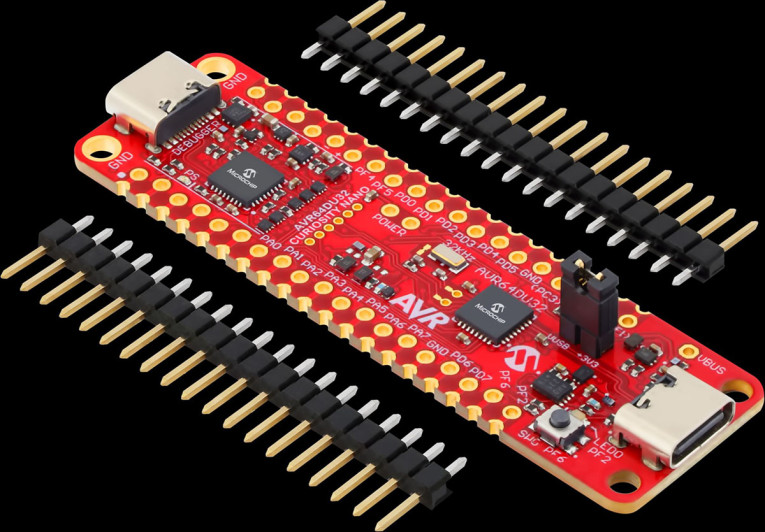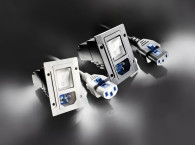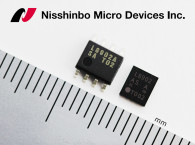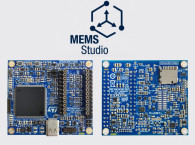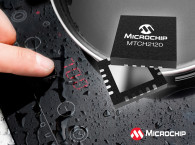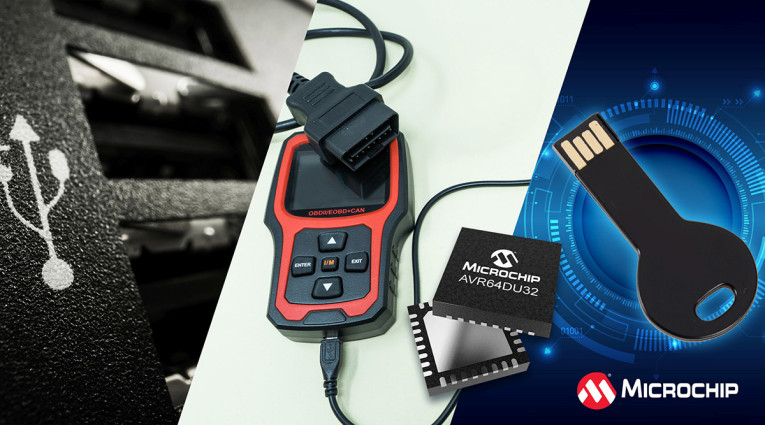
“USB is the standard communication protocol and power delivery method for electronic devices,” says Greg Robinson, corporate vice president of Microchip’s 8-bit MCU business unit. “Microchip’s AVR DU family combines the flexibility of our most advanced 8-bit MCUs with the versatility of enhanced power delivery to bring the benefits of USB to a wider range of embedded systems.”
Announced at Embedded World 2024, the new AVR DU MCUs support power delivery of up to 15W from the USB interface, a capability not commonly found in other USB microcontrollers within its class. This feature enables USB-C charging with currents up to 3A at 5V, making these MCUs an excellent choice for devices like portable power banks and rechargeable products.
To strengthen its defense against malicious attacks, the AVR DU family incorporates Microchip’s Program and Debug Interface Disable (PDID) feature. When enabled, the enhanced code protection is designed to lock out access to the programming/debugging interface and block unauthorized attempts to read, modify or erase firmware. To enable secure firmware updates, the AVR DU family employs Read-While-Write (RWW) Flash and, when combined with a secure bootloader, designers can use the USB interface for patching bugs, addressing security concerns and adding new features without disrupting product operation. This updated functionality in the AVR DU MCUs is designed to allow for uninterrupted, in-field updates to help extend the lifetime value of products.
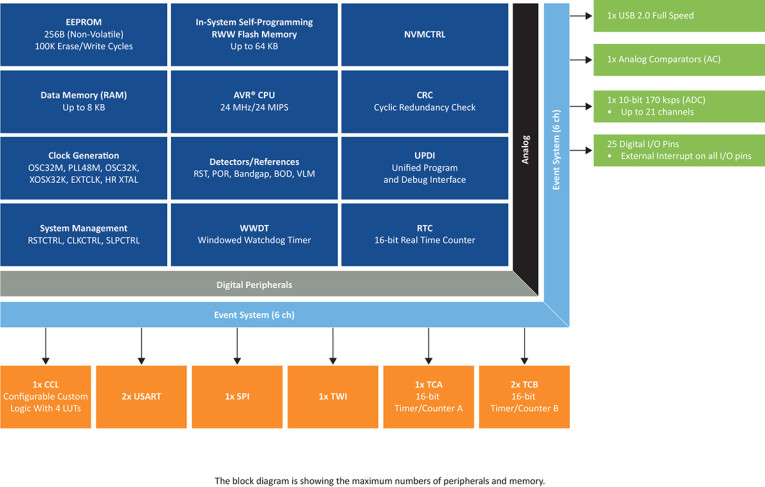
Additionally, the AVR DU family helps reduce overall design and Bill of Material (BOM) costs through a USB clock recovery feature, which eliminates the need for a costly external crystal. Core Independent Peripherals (CIPs) enable designers to incorporate main device functions and system management tasks onto a compact, single-chip solution, saving board space and reducing design effort.
Developers of a wide range of embedded designs, from wearables to home appliances applications, can benefit from incorporating the highly efficient AVR DU MCUs into their designs. A virtual demonstration of the AVR DU family is available at try.microchip.com.
Microchip’s MPLAB Code Configurator (MCC) contains a software stack that supports hardware features for the AVR DU MCU’s USB module. Fully integrated into the MPLAB development tools system, the production-ready USB software stack is easily configured by MCC Melody, easing the development process and reducing time to market. To further enable rapid prototyping and development, a Curiosity Nano Development Board (EV59F82A), MPLAB X Integrated Development Environment (IDE) and MPLAB XC8 Compiler are also available to support the AVR DU family.
www.microchipdirect.com | www.microchip.com
